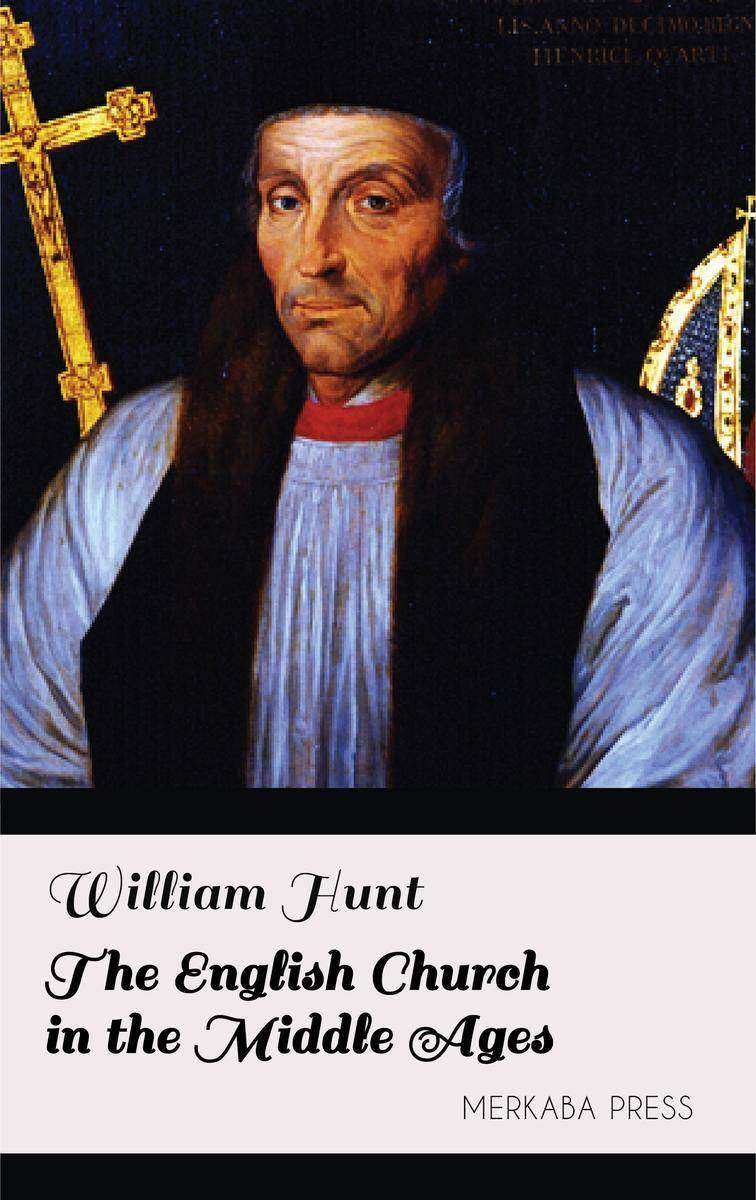
The English Church in the Middle Ages
¥8.09
The English Church in the Middle Ages
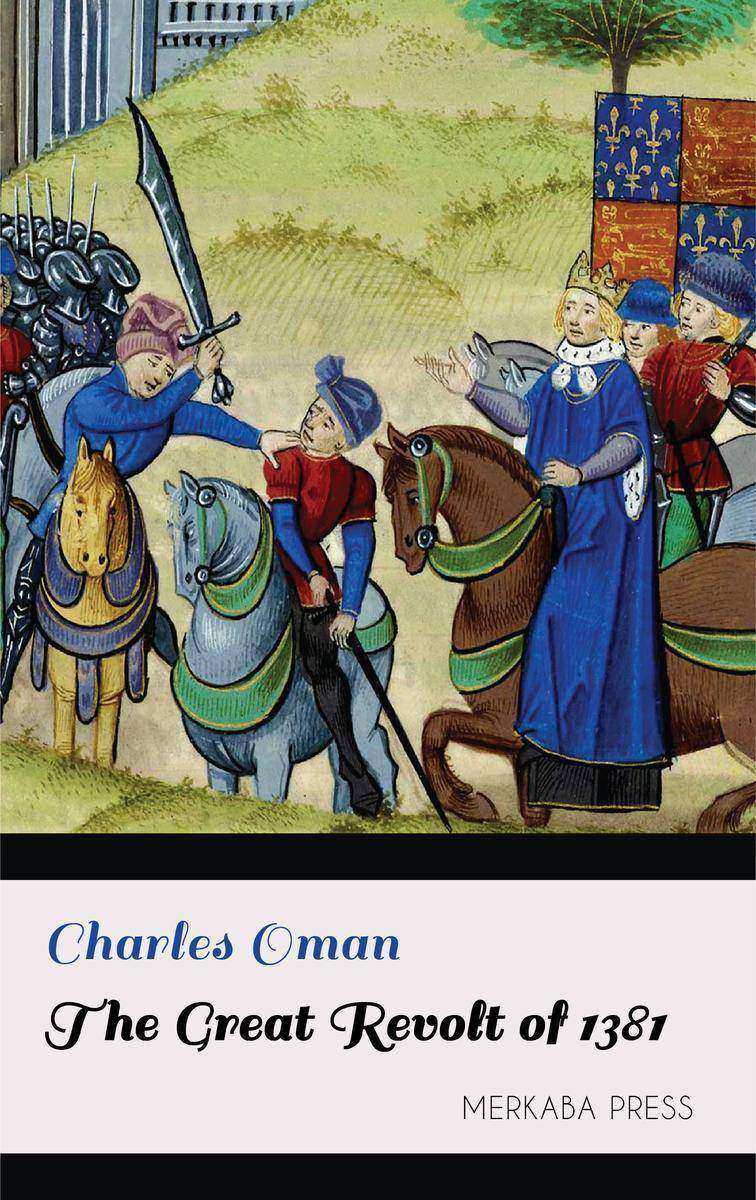
The Great Revolt of 1381
¥8.09
The Great Revolt of 1381
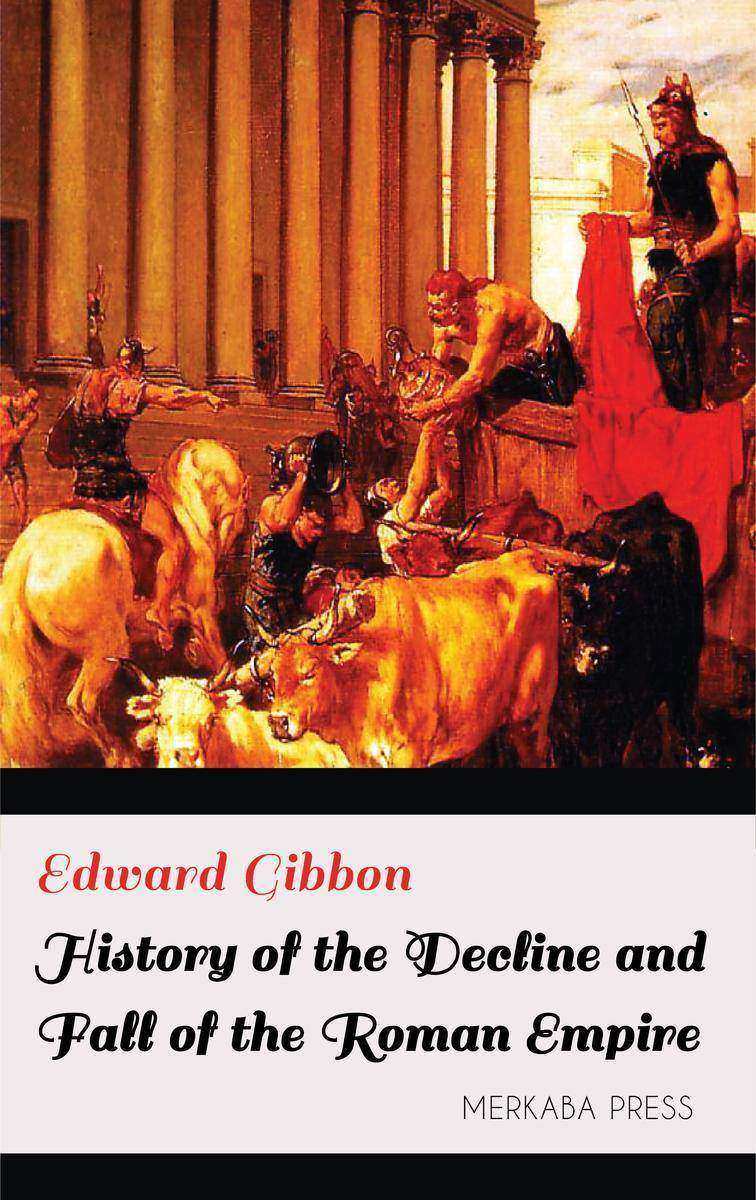
History of the Decline and Fall of the Roman Empire
¥8.09
History of the Decline and Fall of the Roman Empire
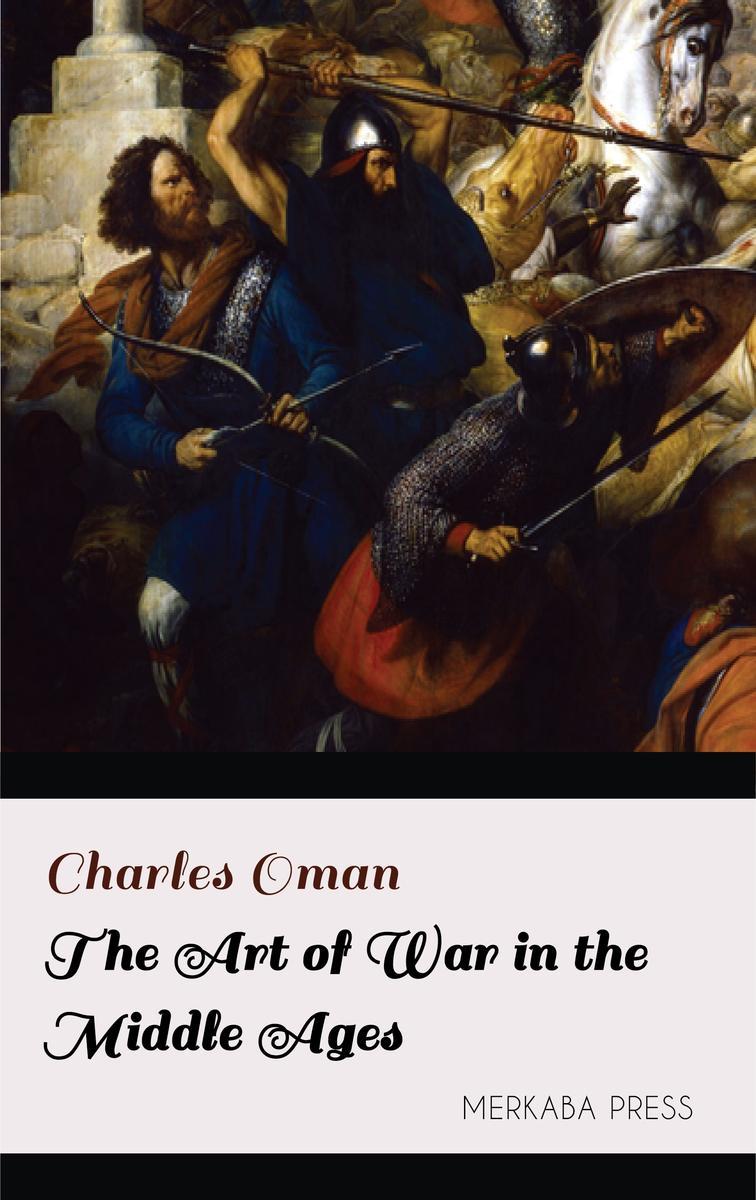
The Art of War in the Middle Ages
¥8.09
The Art of War in the Middle Ages
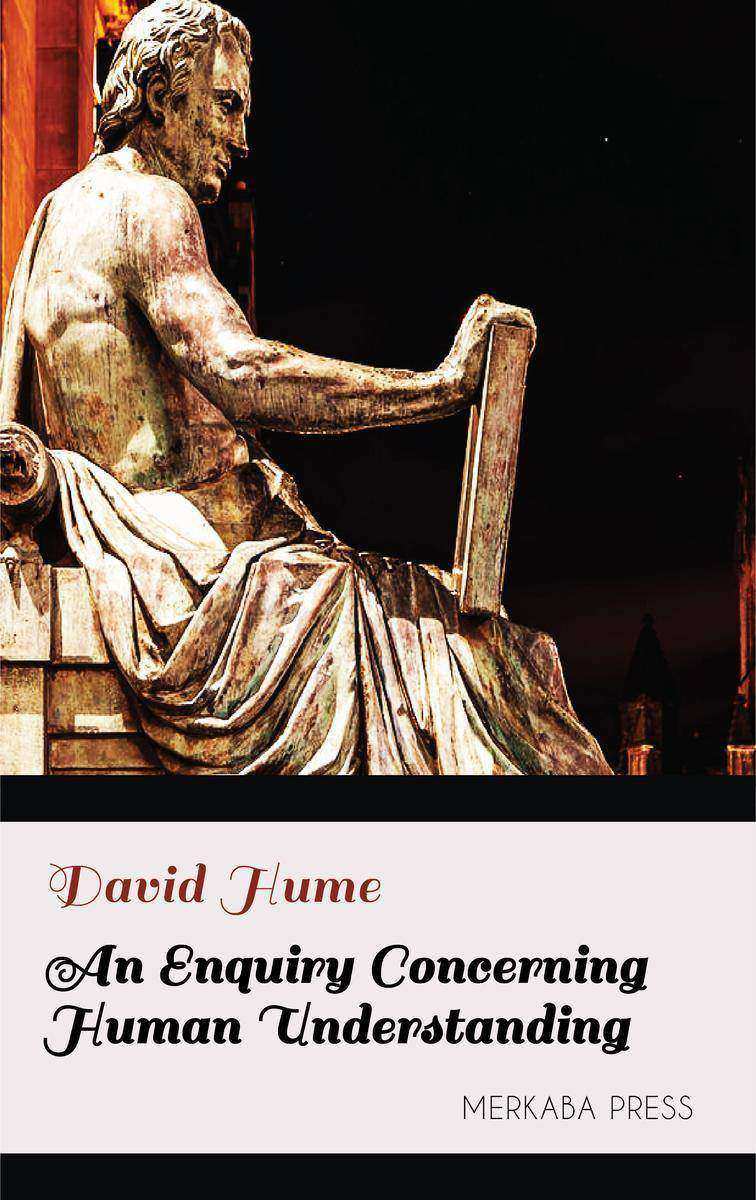
An Enquiry Concerning Human Understanding
¥8.09
An Enquiry Concerning Human Understanding
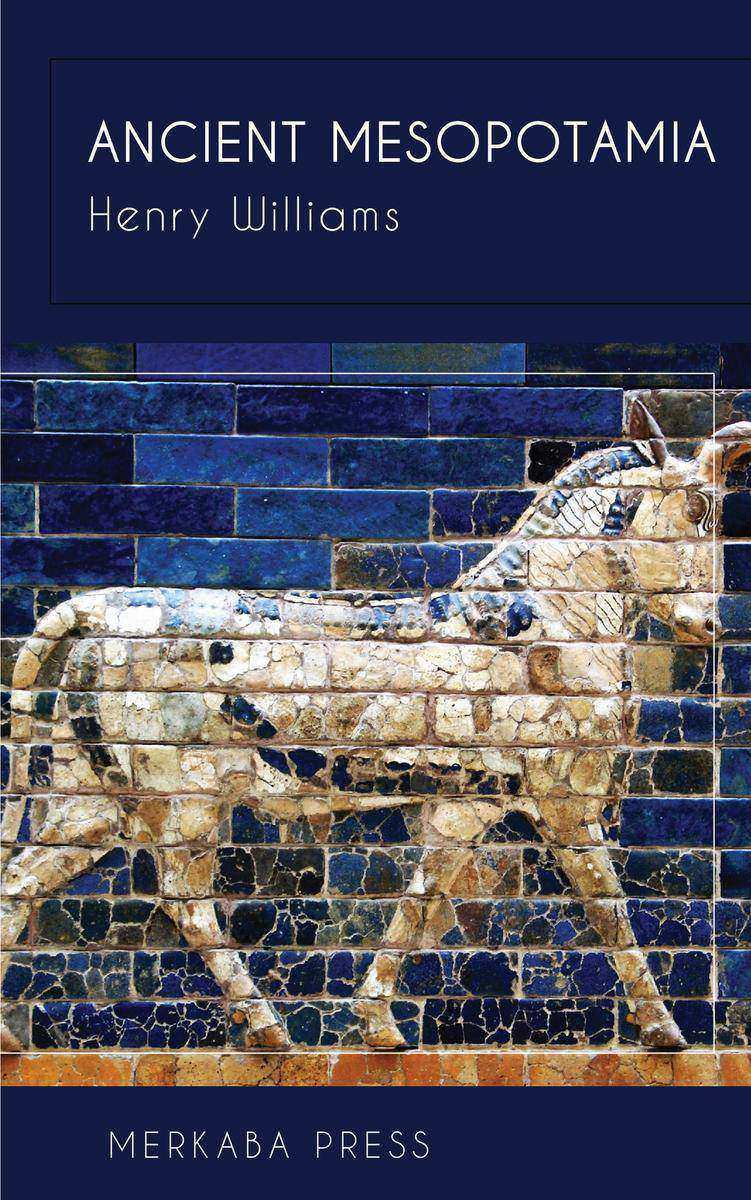
Ancient Mesopotamia
¥8.09
Ancient Mesopotamia
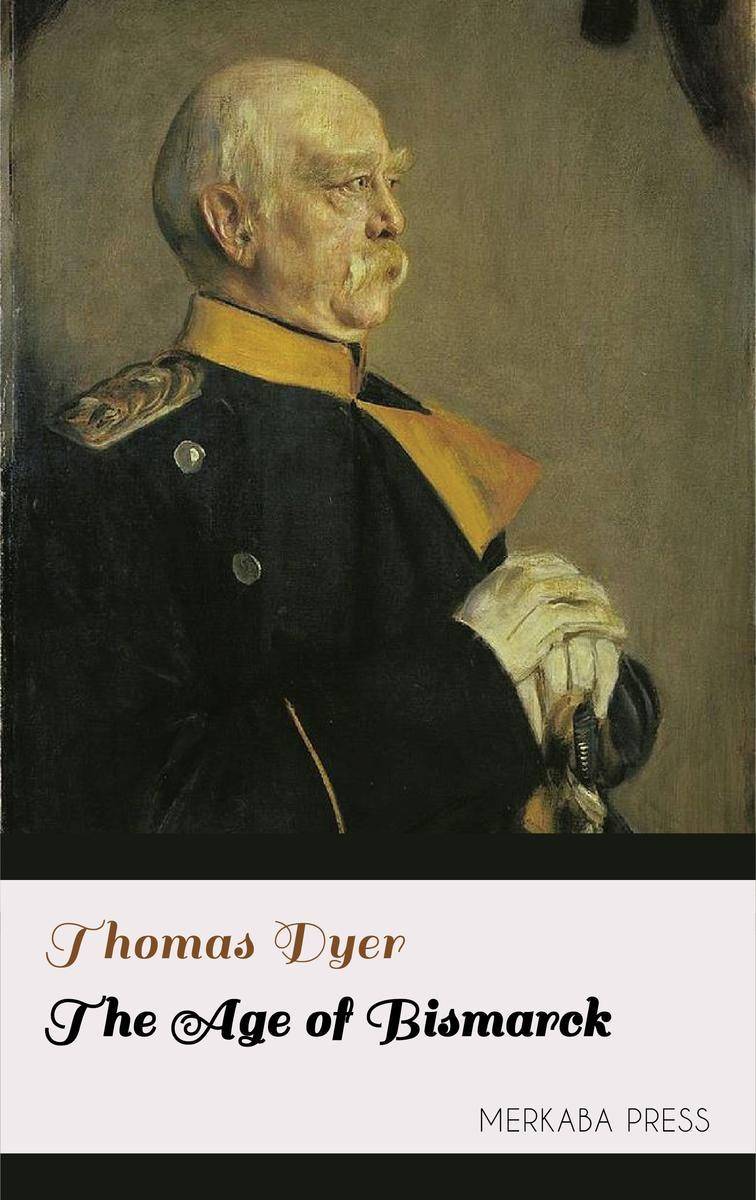
The Age of Bismarck
¥8.09
The Age of Bismarck
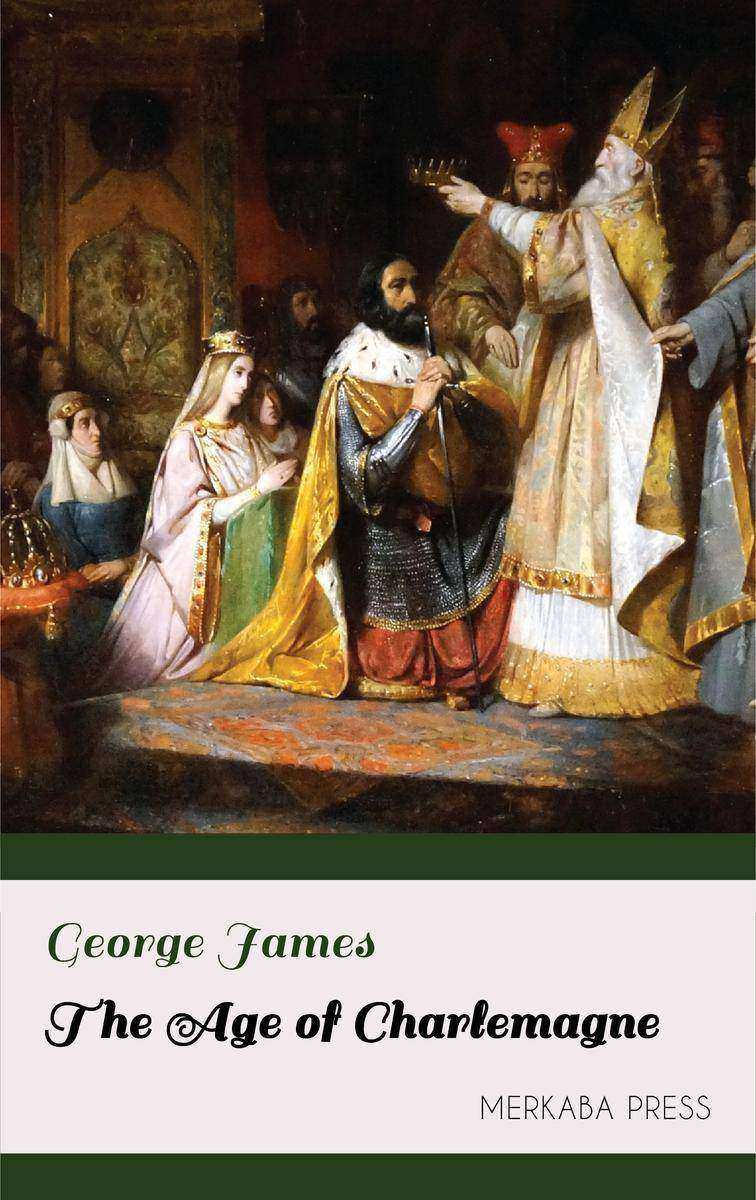
The Age of Charlemagne
¥8.09
The Age of Charlemagne
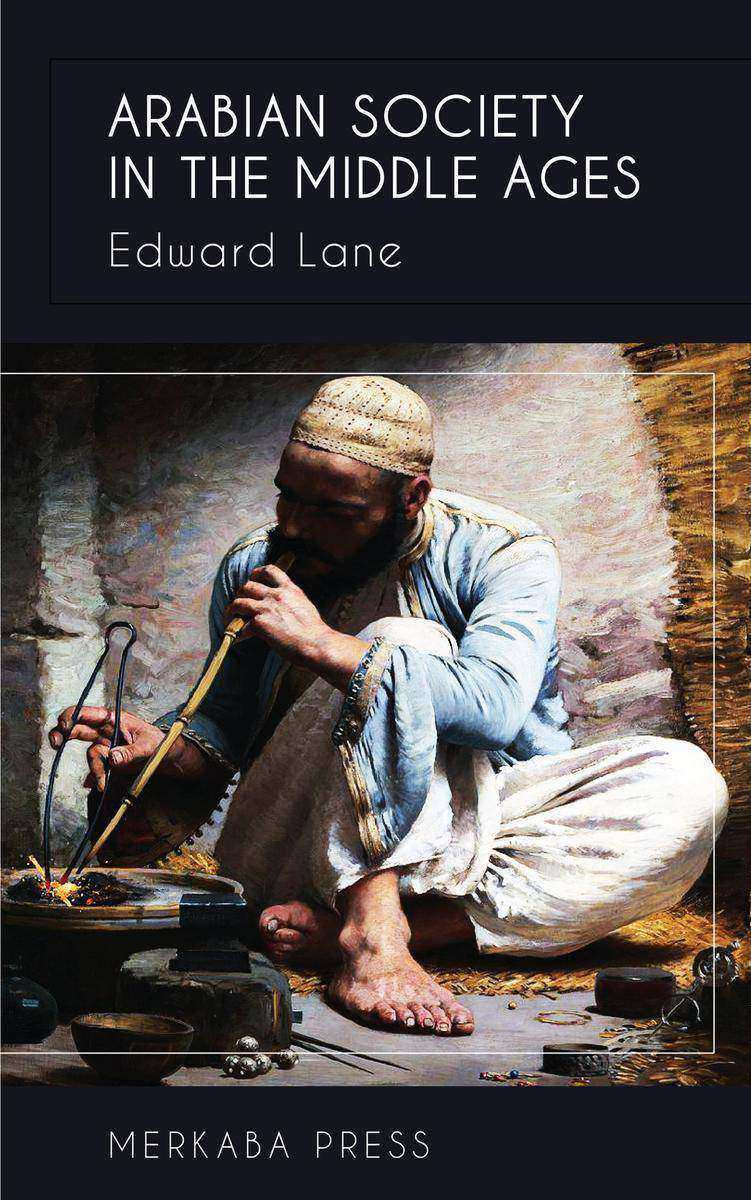
Arabian Society in the Middle Ages
¥8.09
Arabian Society in the Middle Ages
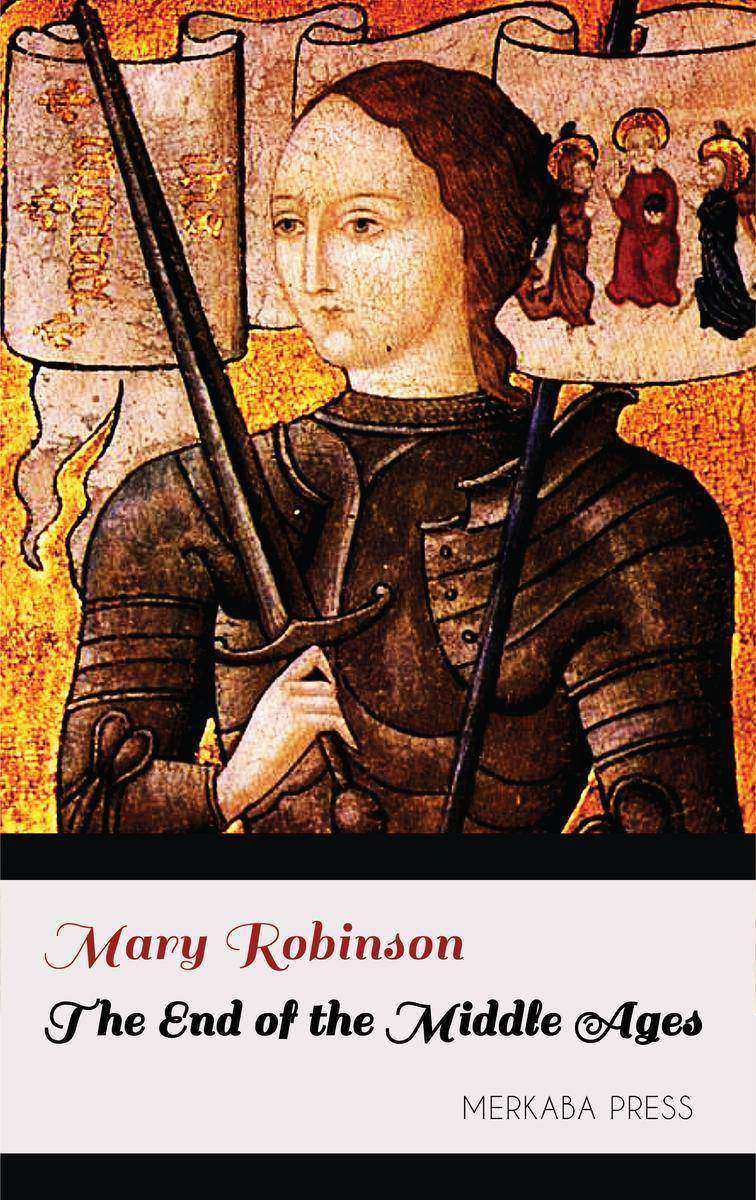
The End of the Middle Ages
¥8.09
The End of the Middle Ages
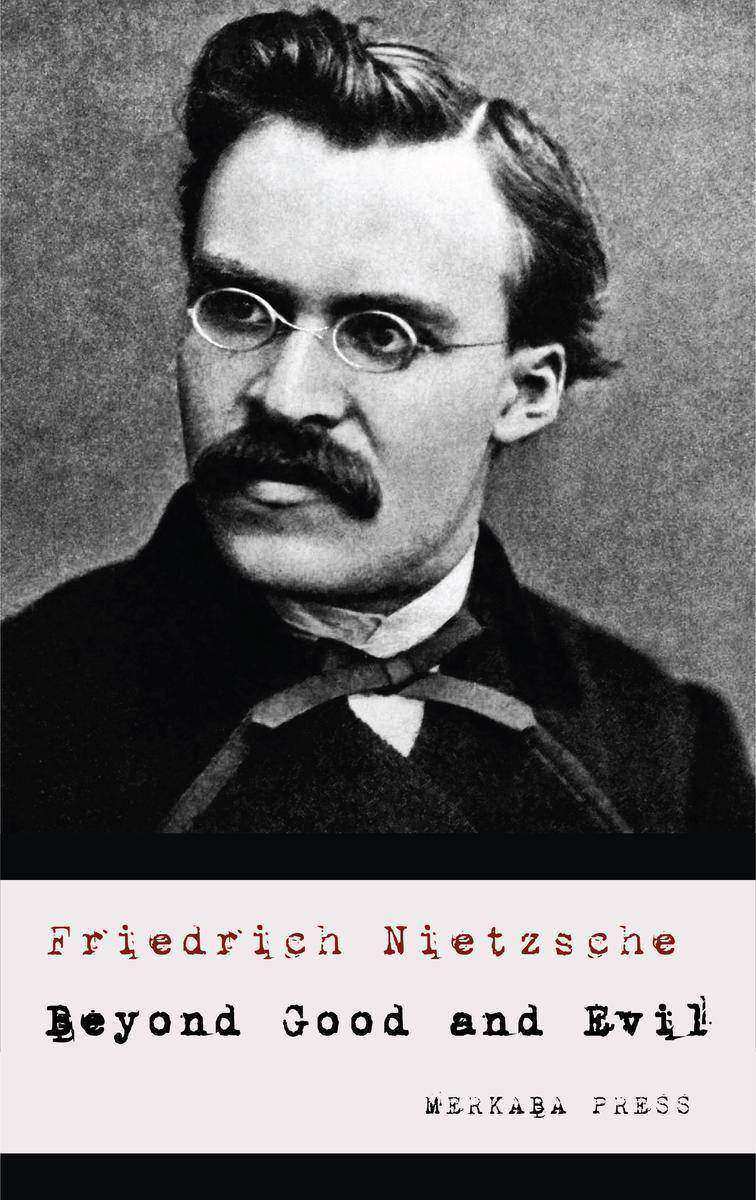
Beyond Good and Evil
¥8.09
Beyond Good and Evil
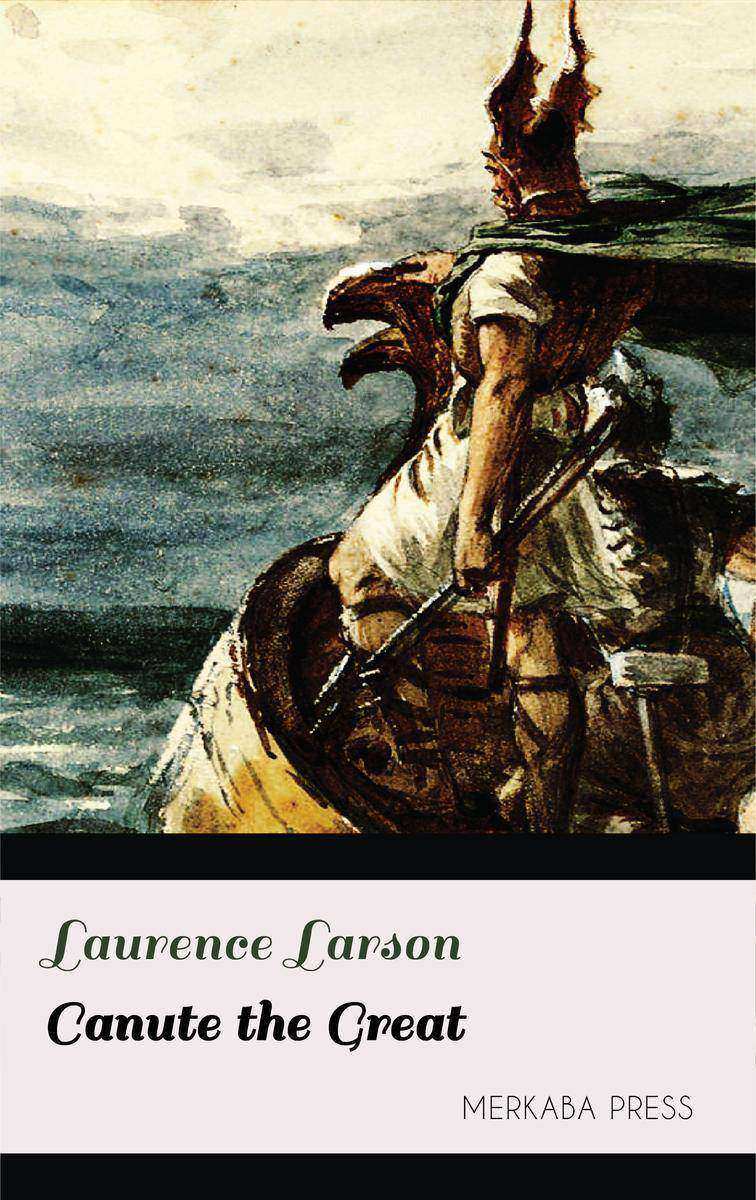
Canute the Great
¥8.09
Canute the Great

Cardinal Mazarin
¥8.09
Cardinal Mazarin
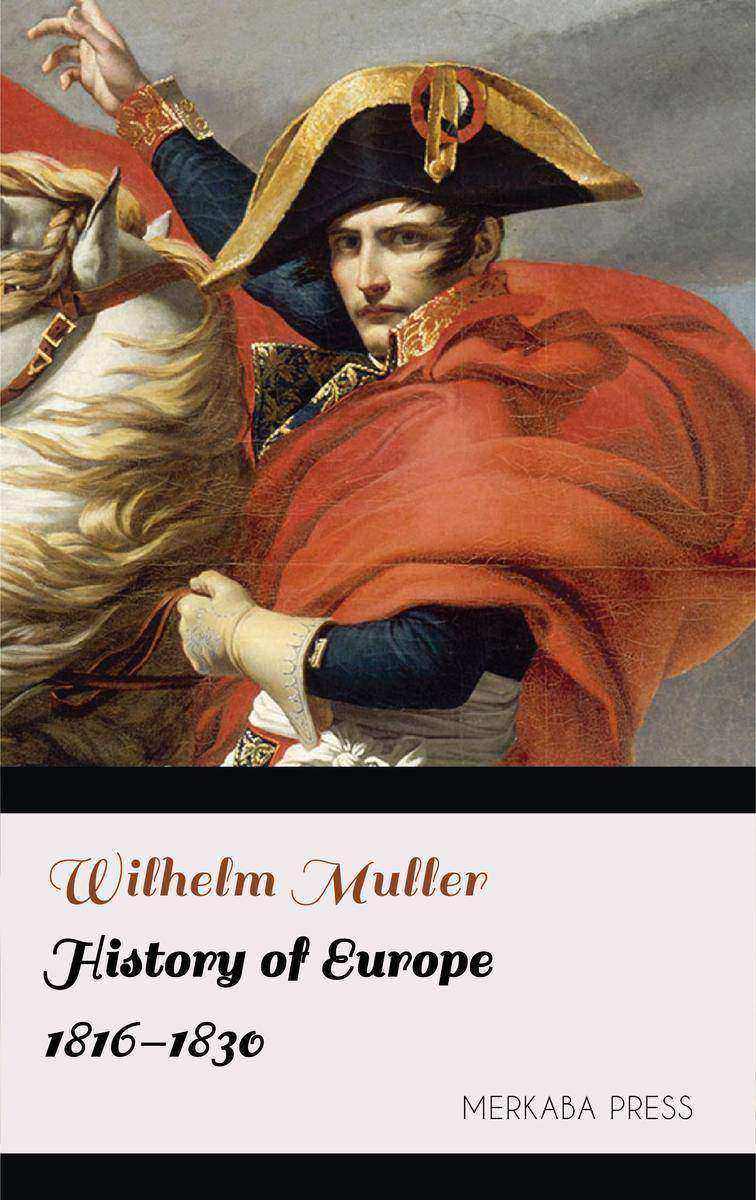
History of Europe 1816-1830
¥8.09
History of Europe 1816-1830
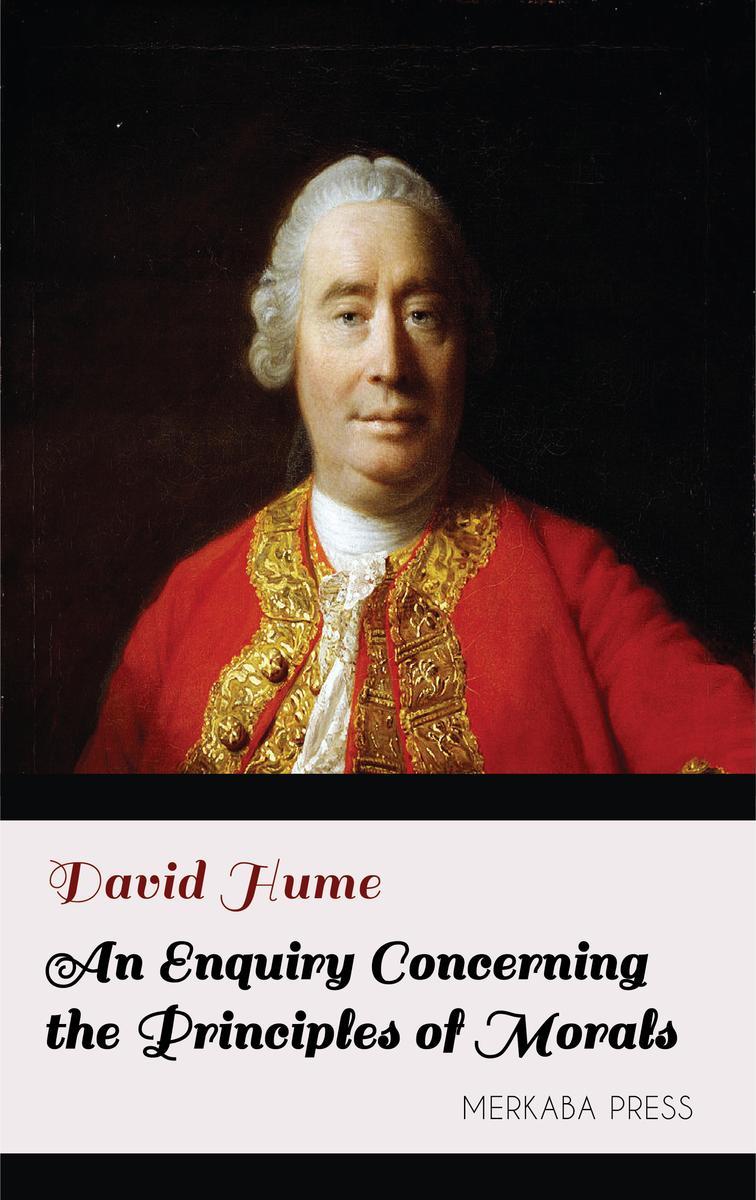
An Enquiry Concerning the Principles of Morals
¥8.09
An Enquiry Concerning the Principles of Morals

Make Money With Amazon Affiliate Program
¥8.09
Make Money With Amazon Affiliate Program

Whаt i? Guеrrillа Mаrkеting: Introduction to Guerrilla Marketing
¥8.09
Whаt i? Guеrrillа Mаrkеting: Introduction to Guerrilla Marketing

Rising Confidence: Plato's Allegory Of The Cave
¥8.09
Rising Confidence: Plato's Allegory Of The Cave
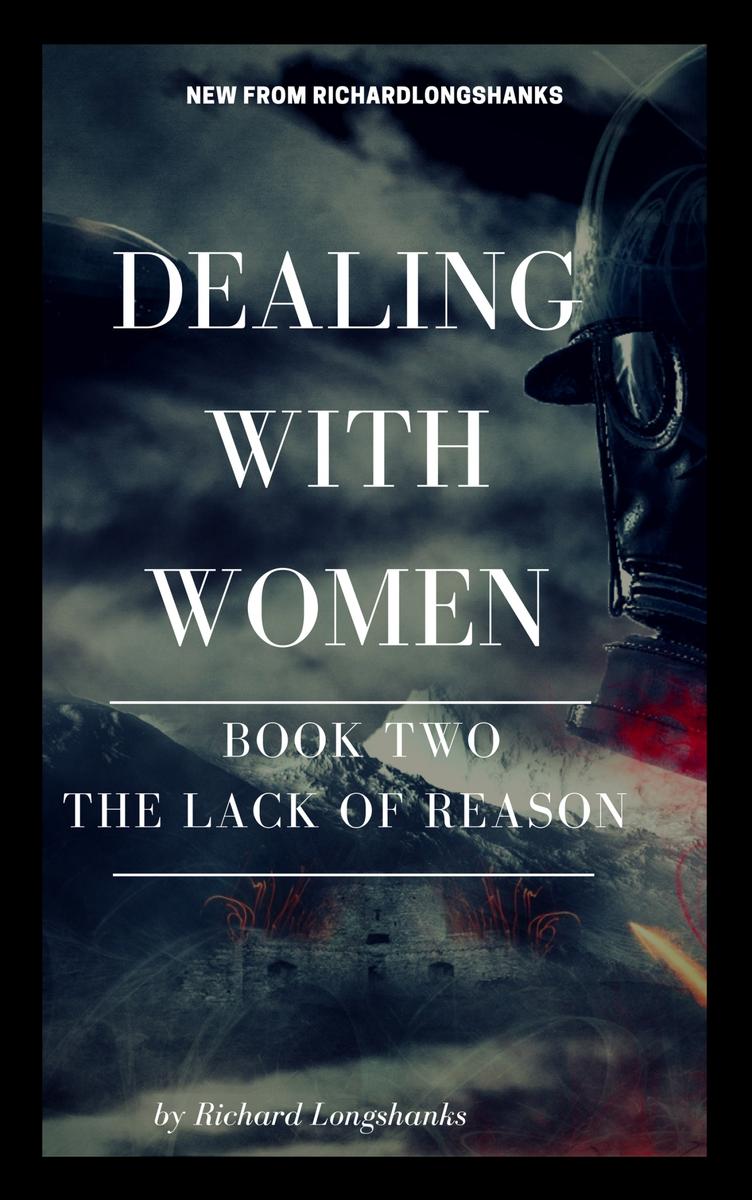
Dealing With Women: The Lack of Reason
¥8.09
Dealing With Women: The Lack of Reason

Rebel Private: Memoirs of a Confederate Soldier
¥8.09
Rebel Private: Memoirs of a Confederate Soldier

Real Estate Investing: 7 Ways ANYONE Can Use to Make Money in Real Estate
¥8.09
Real Estate Investing: 7 Ways ANYONE Can Use to Make Money in Real Estate




 购物车
购物车 个人中心
个人中心



